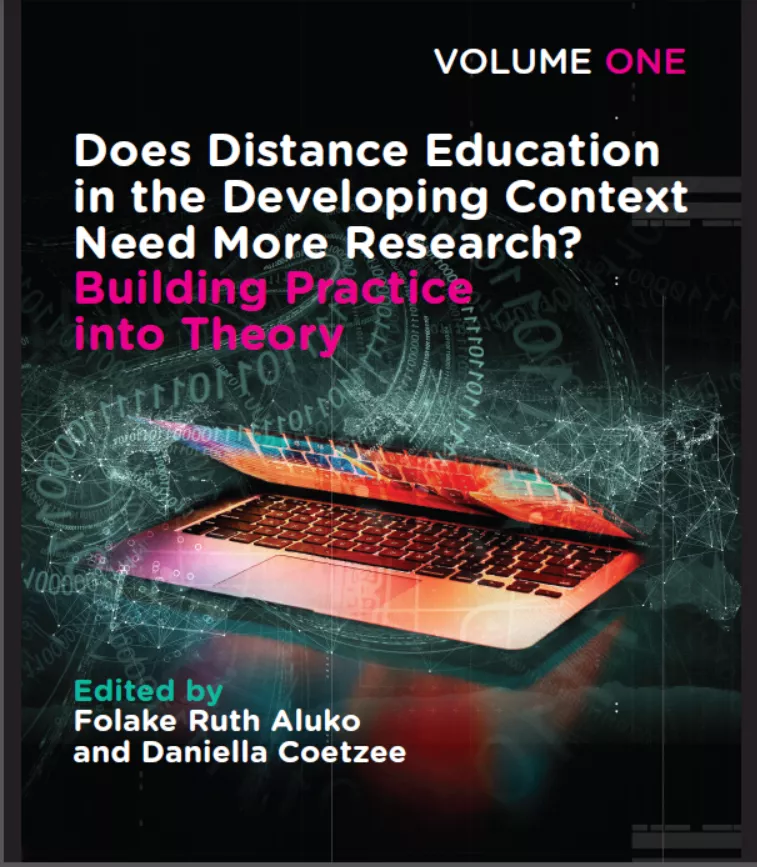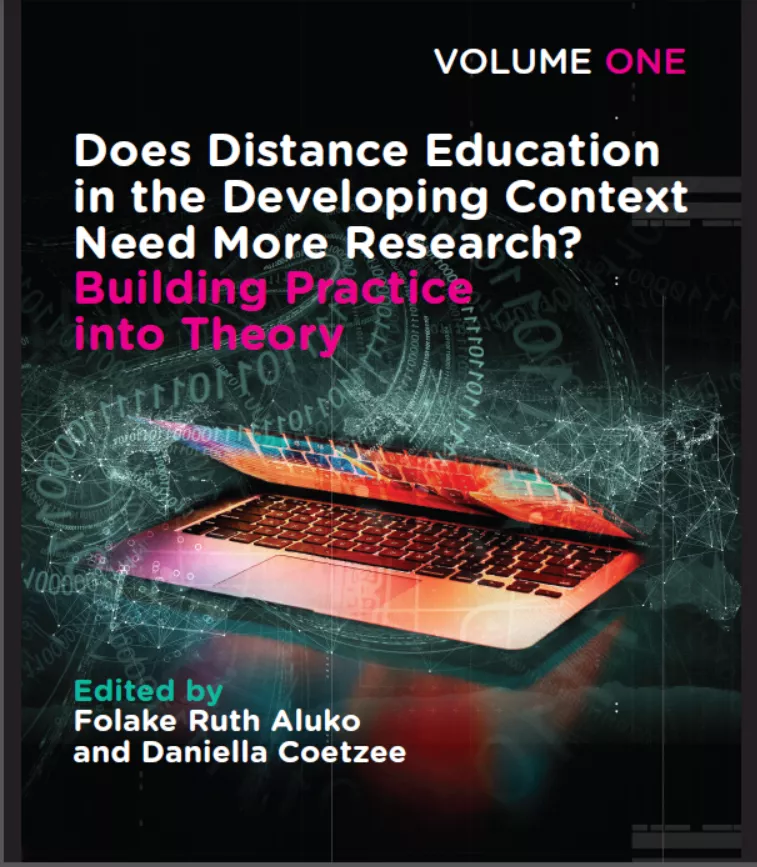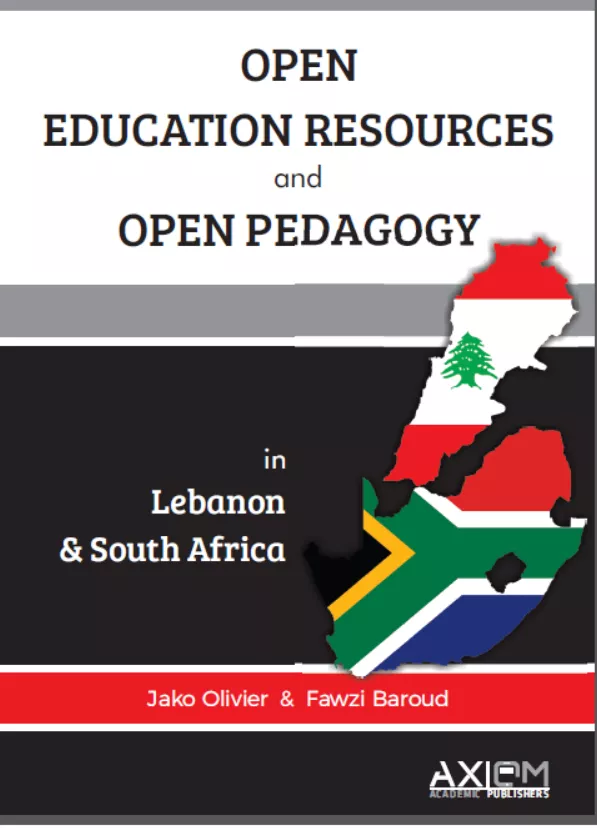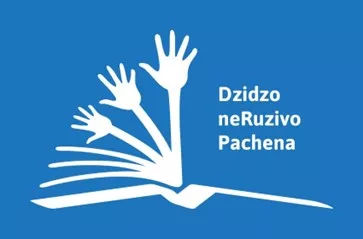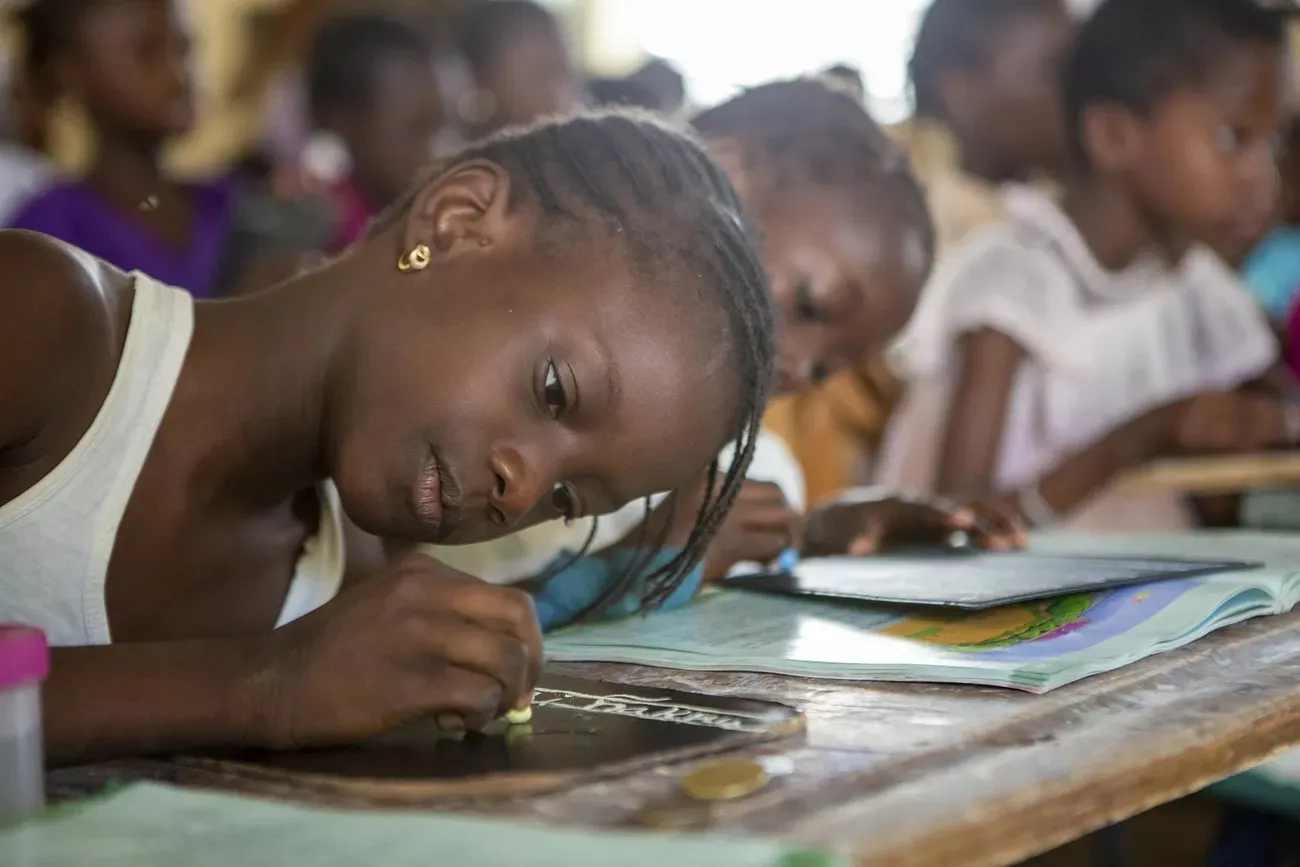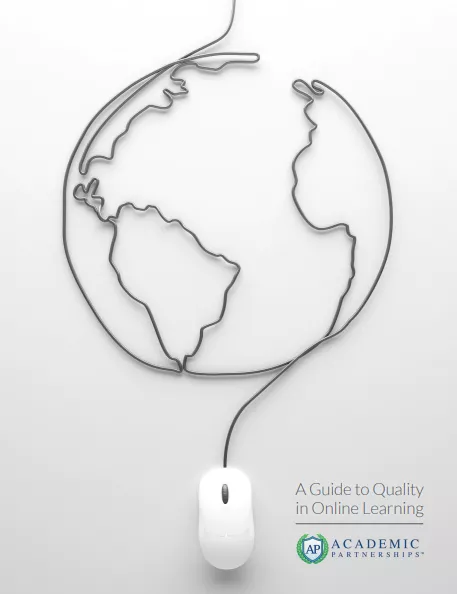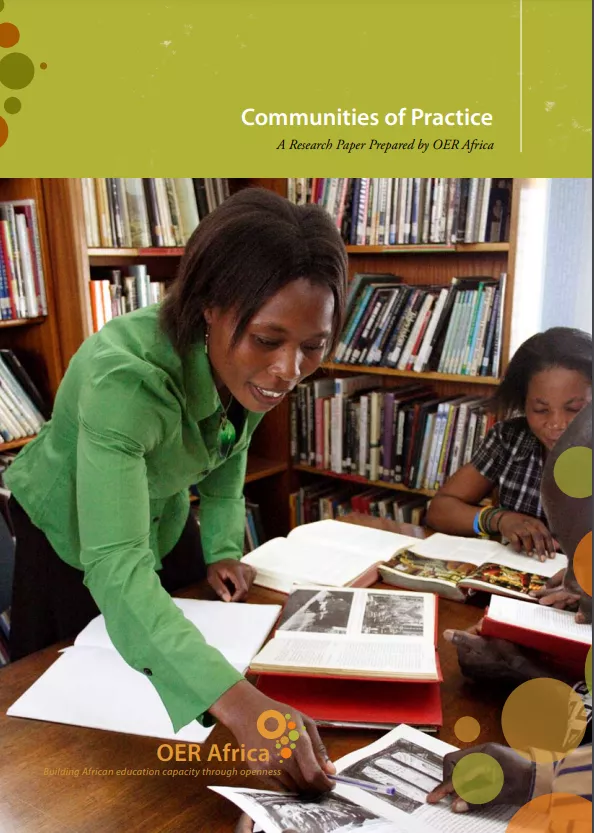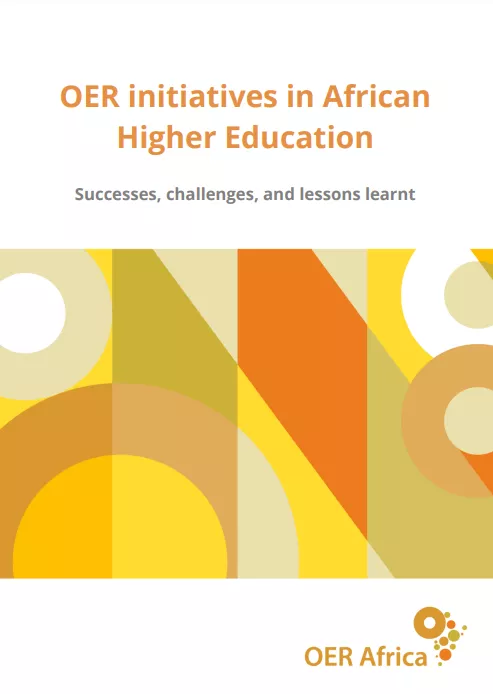
OER initiatives in African Higher Education: Successes, challenges, and lessons learnt
Although the concept of OER initially gained publicity in the Global North, OER are gaining traction in Africa, with an increasing number of OER initiatives focusing on areas such as OER advocacy, practice, and research. Today, the concept has been mainstreamed around the world, as exemplified through the unanimous adoption of the UNESCO Recommendation on OER in 2019.

